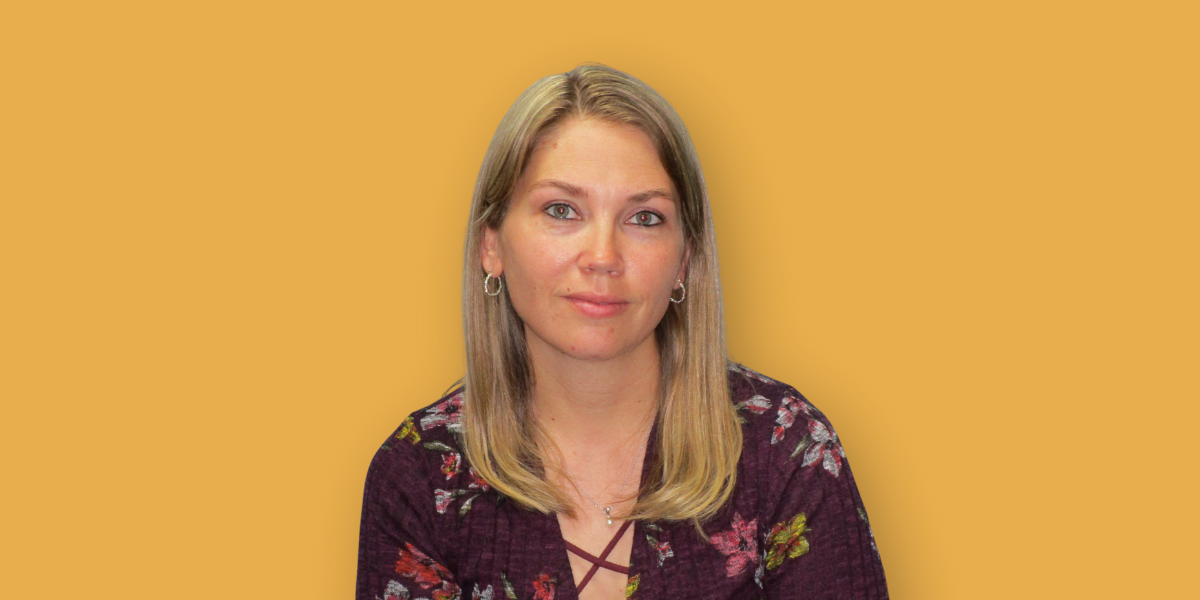A 340B Program Assistant Director shares how the federal 340B program could have saved the lives of her mother and other low-income Medicaid patients.
by Kelli Pardee, MBA, CPhT
340B Program Assistant Director, Great Lakes Bay Health Centers
May 2024
My name is Kelli Pardee, and I am a 340B Program Assistant Director at a Federally Qualified Health Center (FQHC). I have experienced firsthand how a lack of health literacy can have serious implications. The 340B program, specifically the ongoing wraparound care it enables for traditionally underserved patients, is an essential tool for increasing health literacy and, subsequently, the public health of our most vulnerable populations.
In 2021, my mother passed away at the young age of 54. She had several chronic conditions that she struggled with for a few years, but nothing that we thought would take her life. If I knew then what I know now, I believe she may still be with us today.
My mom was low-income, on Medicaid insurance, and seeing various doctors across several health systems. While she was never denied care, I believe she may not have received the most comprehensive care possible because providers do not always go out of their way to do the extra work or additional tests for patients on Medicaid. Because of how Medicaid is billed, it is difficult for the provider to receive full compensation for services provided.
I now work at an FQHC, and my office is next to an office with two care management nurses. One day, I overheard a conversation where a nurse was talking on the phone with a patient, taking extra time to ask specific questions about what was happening. She asked about the patient’s medications, her pain level, and even what and how much she was eating…down to the question, “How many bites of potatoes did you eat?”
This is the level of care that I believe my mother needed during the times that she was doing badly with her GI problems. Neither my mom nor her family fully understand all of the things going on with her health. If she had had a nurse or doctor in her corner who followed up with her to the level I observed from the nurses at our FQHC, I highly suspect she may still be with us.
How 340B Funds Wraparound Health Care
340B helps to fund all of the extra, so-called wraparound health care programs and services that FQHCs provide to our patients regardless of the type of insurance they have or their ability to pay. It helps to ensure patients without insurance make it to their appointments. It helps to pay nurses who can spend extra time with patients to ensure they understand their medications, the importance of their diet, and to monitor their blood sugar levels, among other similar services. Because some of these wraparound care services require significant time to manage and deliver, they are often unavailable outside of 340B-covered entities like FQHC.
I believe the lack of patient health literacy is a problem with serious implications. If patients don’t understand their condition or its severity, they may not take it as seriously as they should. If patients do not have someone they can rely on to ask about symptoms or medications, they could be overlooking things that could ultimately cost them their lives. Unfortunately, services like these are impossible to provide without the savings from the 340B program.
It’s difficult to think about anyone else losing their mother too soon because they didn’t have the income, insurance, understanding, or level of care that they needed to manage or overcome their health issues. Programs like the 340B program ensure that patients can get the support they need to live longer, healthier lives.
Defend 340B and Take Action Now
See below for ways you can defend 340B today and increase patient health literacy in your community:
Subscribe to #Defend340B Action Alerts
Get all the latest from CV340B and stay connected with the #Defend340B community!
"*" indicates required fields







